Android vs iPhone Privacy [Barely Different!]
The privacy showdown – who protects better?
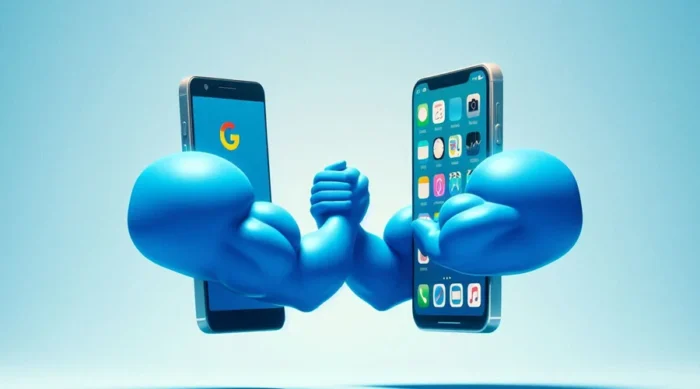
Android vs iPhone privacy is among the fiercest debates in tech circles. The truth is these platforms handle user information in almost similar fashion.
Understanding where they differ can significantly influence your choice of smartphone to buy. But if you already have one, gaining insights for safeguarding your data is key.
So, I’ll explore three core areas to compare Android and iPhone privacy effectively. These include:
- Operating system and updates
- Data collection practices
- User tracking and control
Buckle up!
Android vs iPhone privacy – Side-by-side comparison
When it comes to privacy, Android and iPhone offer distinct approaches. Let’s dive into the specifics.
Operating system and updates – which one is more secure?
Android’s operating system updates play a crucial role in enhancing privacy. However, the frequency and impact of these updates significantly vary across manufacturers.
That’s because companies heavily fragment the platform by opting for different components. This increases the complexity of catering to each Android-based smartphone.
Such fragmentation often leads to delays in providing critical updates. Consequently, it leaves most users potentially vulnerable to data breaches.
Unlike Android, Apple has greater control of the hardware and software in the iPhone. This centralized approach ensures the efficient and timely distribution of security patches.
Another thing is Apple’s iOS software is closed-source and exclusively designed for iPhones. The closed approach prevents hackers from analyzing loopholes they can exploit.
When you compare, Android is open-source, available for everyone to modify and distribute. This openness increases the risk of privacy breaches, especially when using modified versions.
However, this can also be a plus, as anyone can freely analyze the code for security hiccups.
Data collection practices – which is more transparent?
Google heavily relies on advertising to fund its operations. For this reason, it offers Android for free in exchange for user data.
The company collects information such as location, search history, and app usage. From here, it processes this data to improve services and deliver personalized ads.
But it doesn’t stop there. Reports suggest that Google creates shadow profiles, which comprise information about a person without their consent.
Google’s undertakings raise serious privacy concerns among users. However, the tech giant claims it doesn’t share data gathered with third parties.
Apple also collects some information but emphasizes user privacy. Like Google, it employs this practice to personalize and improve its products.
Surprisingly, both companies have had to remove privacy-violating apps from their stores. This highlights the complexity of ensuring their platforms remain tamper-proof.
User tracking – which one offers more control over personal data?
Apple has a strong reputation for prioritizing user privacy on the iPhone. It boasts App Tracking Transparency (ATP), which puts device owners in control.
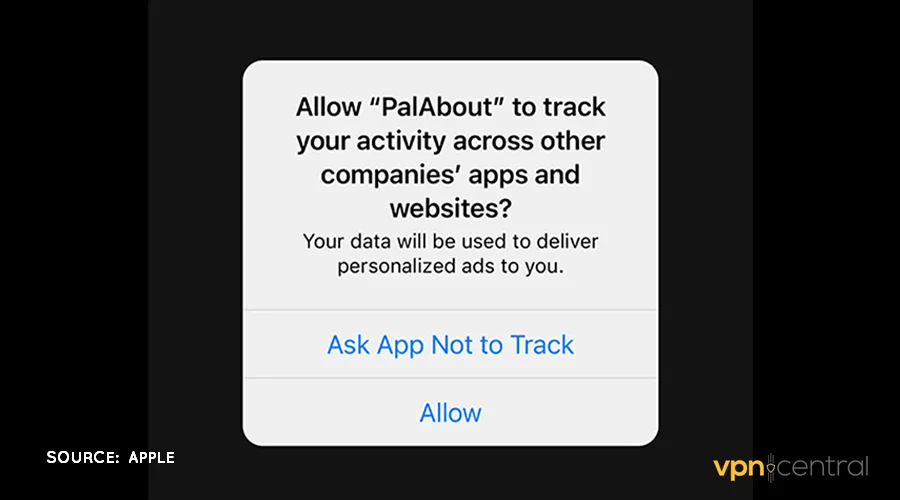
The feature requires apps to obtain consent before tracking users and their activities. Moreover, iOS offers granular controls over data, location, and contact access.
On the other hand, Android versions before Marshmallow were less restrictive. Any app could access sensitive information, with device owners having limited control.
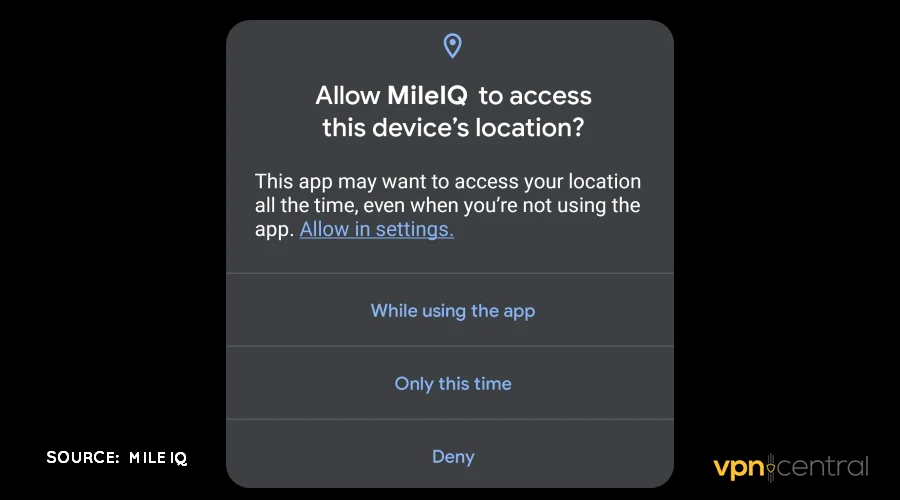
Fortunately, starting in 2015, Google sealed this loophole, giving users total control. Right now, all apps must seek permission before initiating tracking.
Despite these safeguards, some developers have allegedly evaded them. A good example is Facebook, which spied on Snapchat users while collecting other sensitive user data.
The good news? A VPN can help enhance the privacy of Android and iPhone.
How a VPN can help enhance Android/iPhone privacy
A virtual private network (VPN) can boost Android/iPhone privacy in several ways. First, it offers traffic encryption, which hardens sensitive data.
The approach makes it unreadable, even if an intruder manages to access it. Some vendors like NordVPN even offer double VPN servers, which encrypt your information twice.
A good number of premium VPNs also provide anti-tracking by default. As the name suggests, this prevents third parties from spying on your activities.
But that’s not all.
Reputable VPN providers usually enforce independently verified no-logs policies. This means they don’t monitor or record your digital activities.
As you can see, VPNs add a crucial layer to your online privacy. You can rest assured that you will enjoy a more private experience.
Some of the best providers include:
- NordVPN – Boasts enterprise-grade security
- Private Internet Access (PIA) – Provides broad server access for cheap
- ExpressVPN – Ideal for beginners
- ProtonVPN – A robust VPN with a free tier
Wrapping up
I hope this Android vs iPhone privacy review answers all your questions. Despite their differences, they share almost similar upsides and downsides.
This goes to show you that no platform is superior to the other. Even with the toughest implementation, exploitable loopholes will still exist.
One thing for sure is that a VPN can tremendously enhance your privacy. You’ll sleep better knowing that your sensitive data is secure.
Read our disclosure page to find out how can you help VPNCentral sustain the editorial team Read more



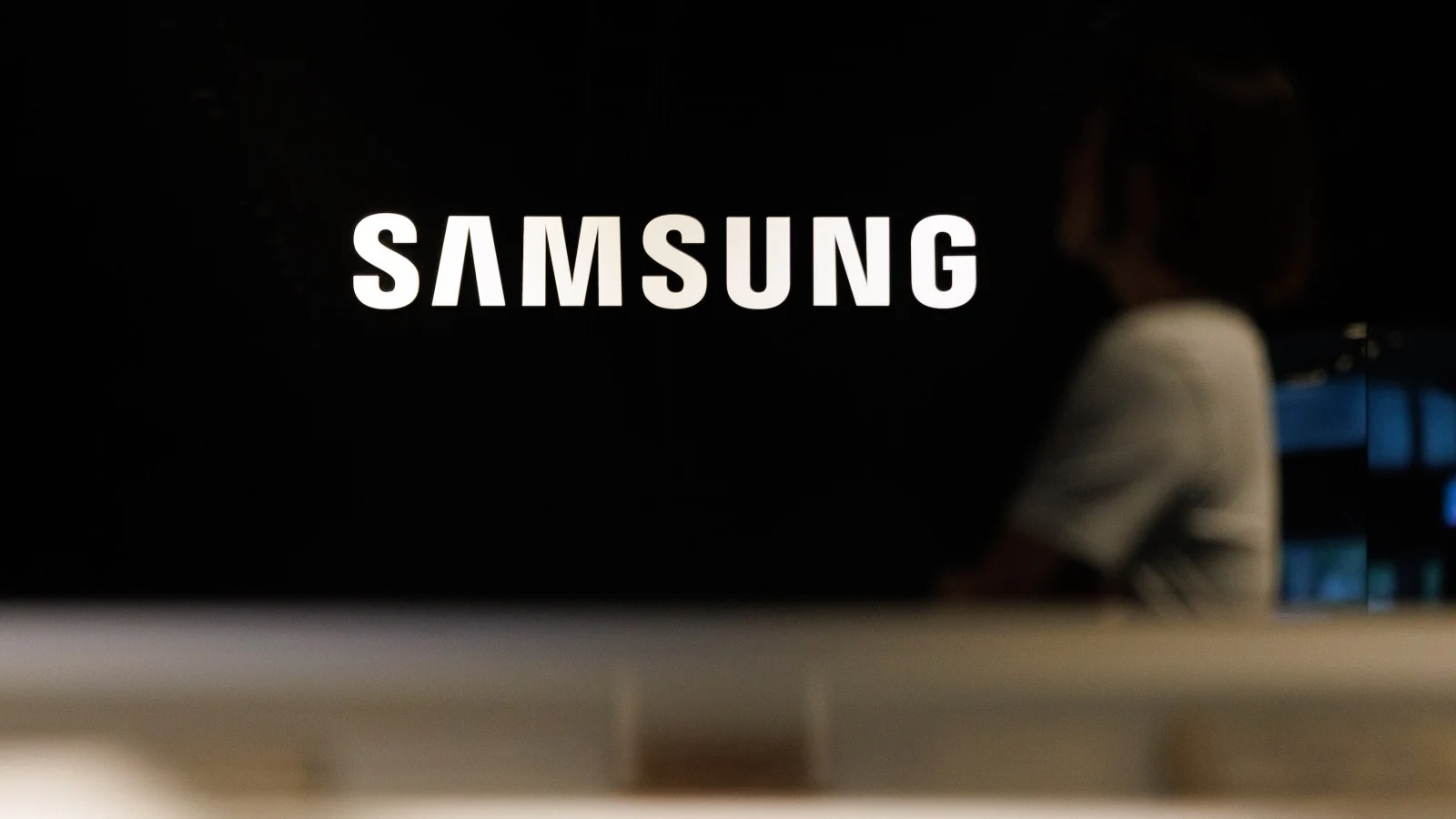

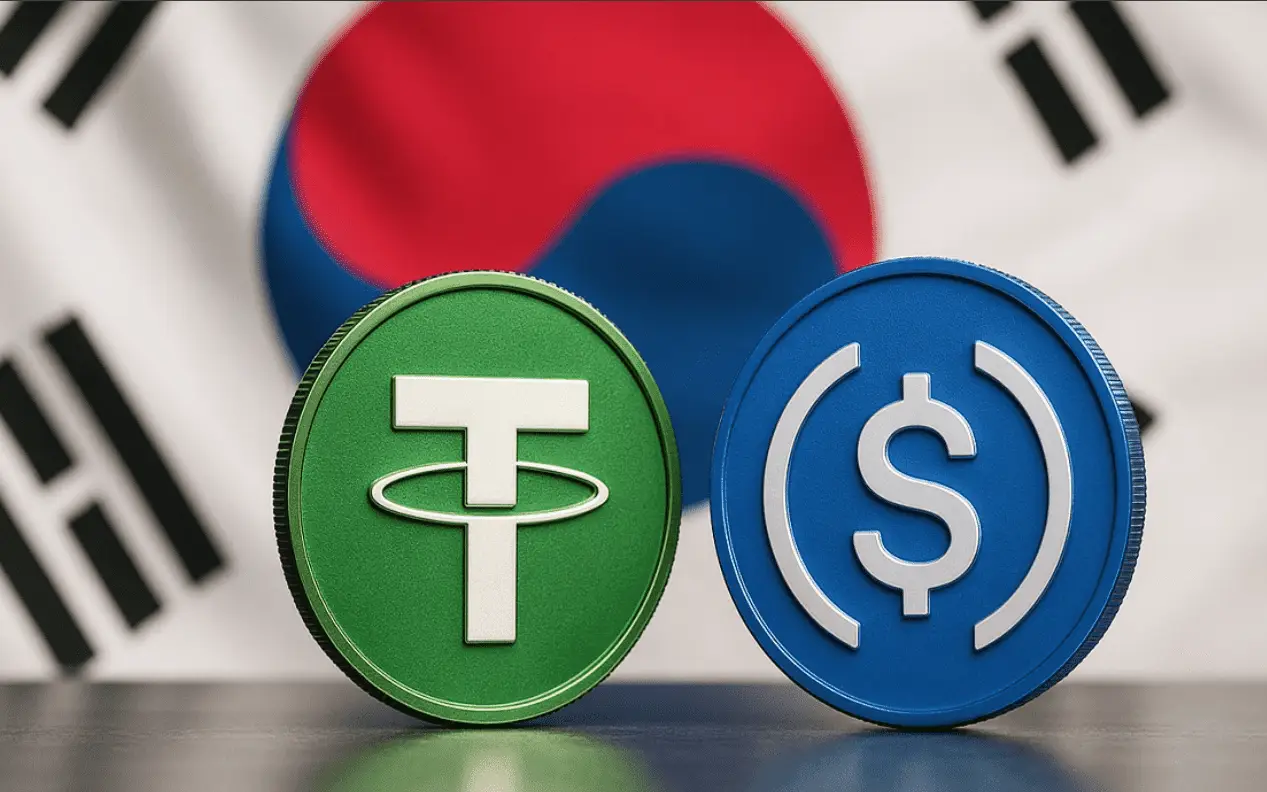
User forum
0 messages